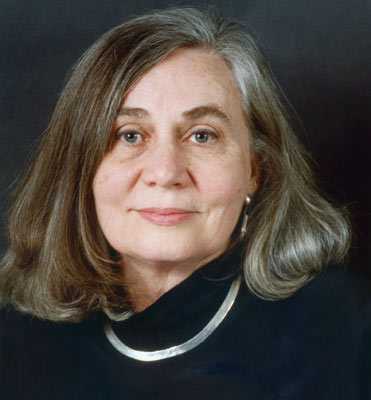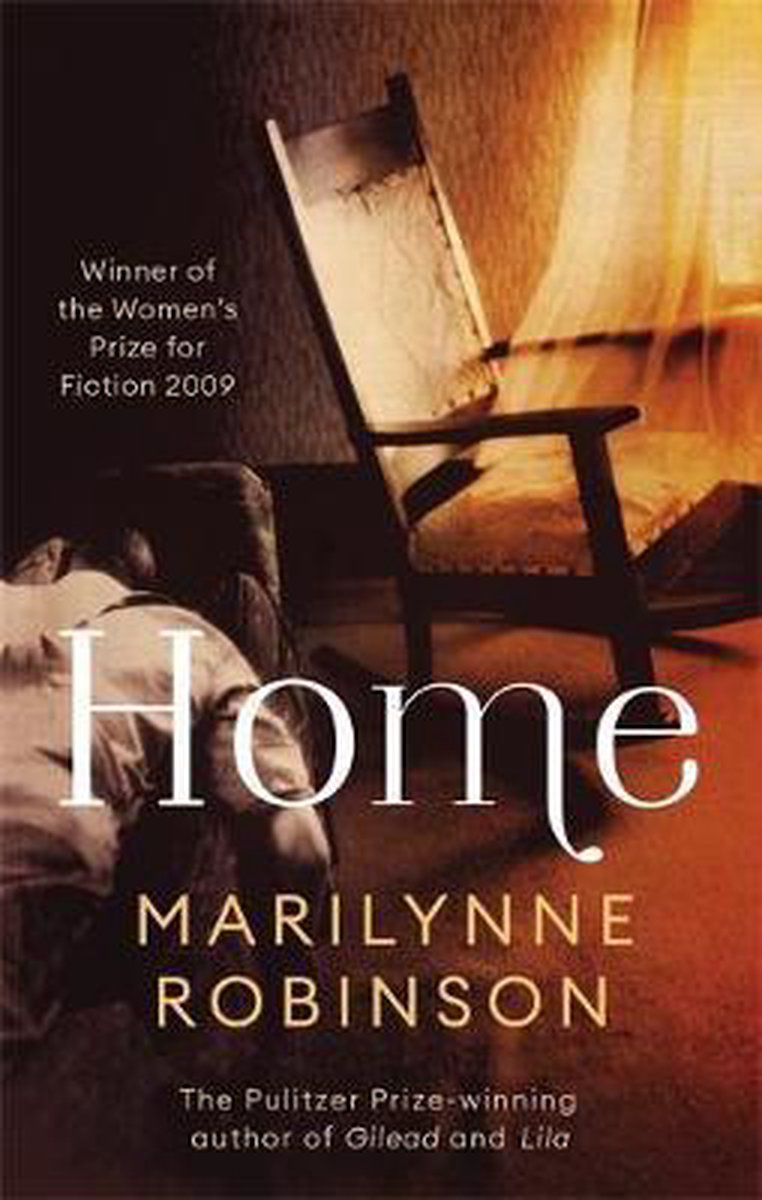


Meanwhile, in the idyllic-seeming backwater, unaddressed and troubling issues of poverty and race emerge - though so gently as to be near invisible - especially when Ames's surrogate son, a traditional "bad lot", comes back to Gilead and circumstances invite comparison between 1950s social unacceptability and the abolitionist fervour of only a couple of generations ago.

He records, for his son, the details of an everyday life and his own stories of his pacifist father and abolitionist grandfather who could rouse a crowd to a "good" moral war these stories are among the most vivid in the novel. He can on the one hand make water sound miraculous and on the other make a reader as nervous and fidgety as a long morning in church.

He is old, vaguely Republican, delightfully lifeloving, sententious and irritatingly given to homily. John Ames, a preacher in his mid-70s whose heart is failing him, is writing letters to his only child, now aged six, so that when the boy reaches an adulthood his father won't see, he'll at least have this posthumous one-sided conversation: "While you read this, I am imperishable, somehow more alive than I have ever been."Īmes is descended from preachers. Robinson's Gilead is a small American town in Iowa in 1956. In Genesis, in the story of Joseph, Gilead is the casually mentioned place left behind by the merchants who bought Joseph from his brothers. Both novels are about outsiders and what happens to them socially.īut Gilead, a book about fathers and sons, where Housekeeping was a book about girls and women, and fragmentary where one of Housekeeping's achievements was its fluid narrative completeness, takes an opposing narratorial position with a protagonist whose insider credentials could not be stronger. The two novels have a lot in common, in particular a shared concern for the way that children inexorably disappear into their own futures, and a fascination with mortality. Her only other books have been non-fiction - a collection of philosophical essays, The Death of Adam (2000) and a passionate polemic about Sellafield and the British nuclear industry, Mother Country (1989), in which she traced back to what she saw as its roots in British social history "the knowing and calculated contamination, by the British government for profit, of a populous landscape, with the most toxic substance known to exist on earth".Ī new novel from a writer whose only other is a classic signals an unfair inevitability of comparison alongside a great deal to live up to. Now, after 24 years, there's finally a second novel by Robinson, which has just won the Pulitzer Prize for Fiction.


 0 kommentar(er)
0 kommentar(er)
